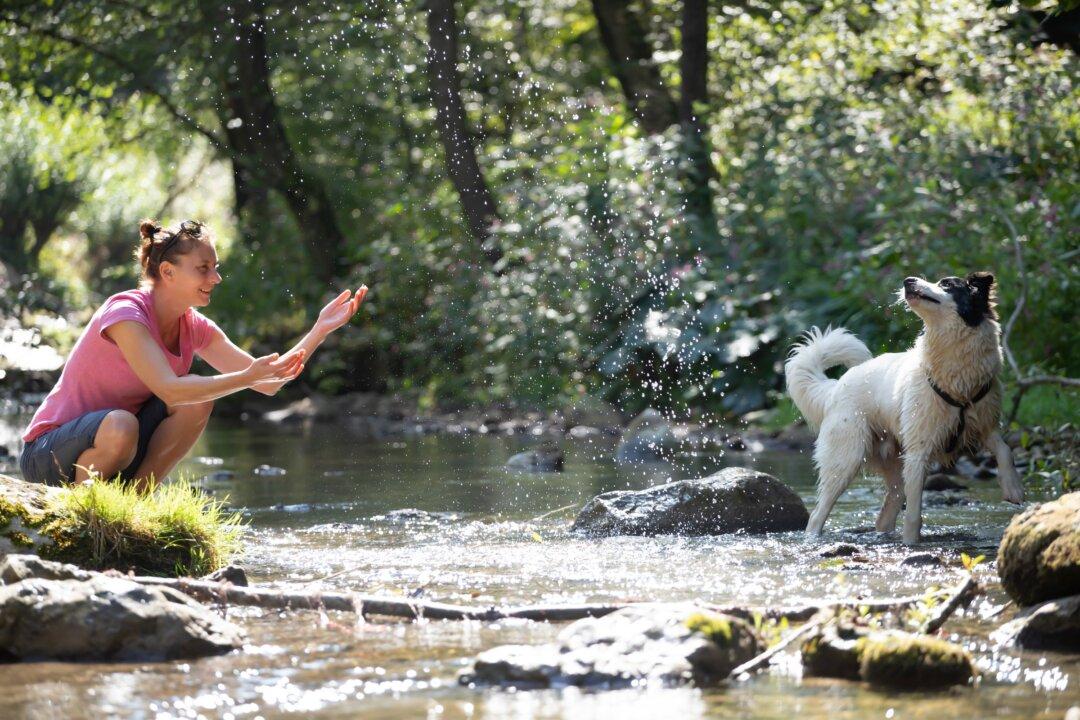For those who suffer from anxiety, everyday tasks can be challenging. But a new study has found that in people with preexisting mental health conditions, including outdoor nature-based activities could help to improve mental health.
Researchers from the University of York were able to show through their study that taking part in outdoor nature-based activities could lead to less anxiety, improved mood, and more positive emotions.





